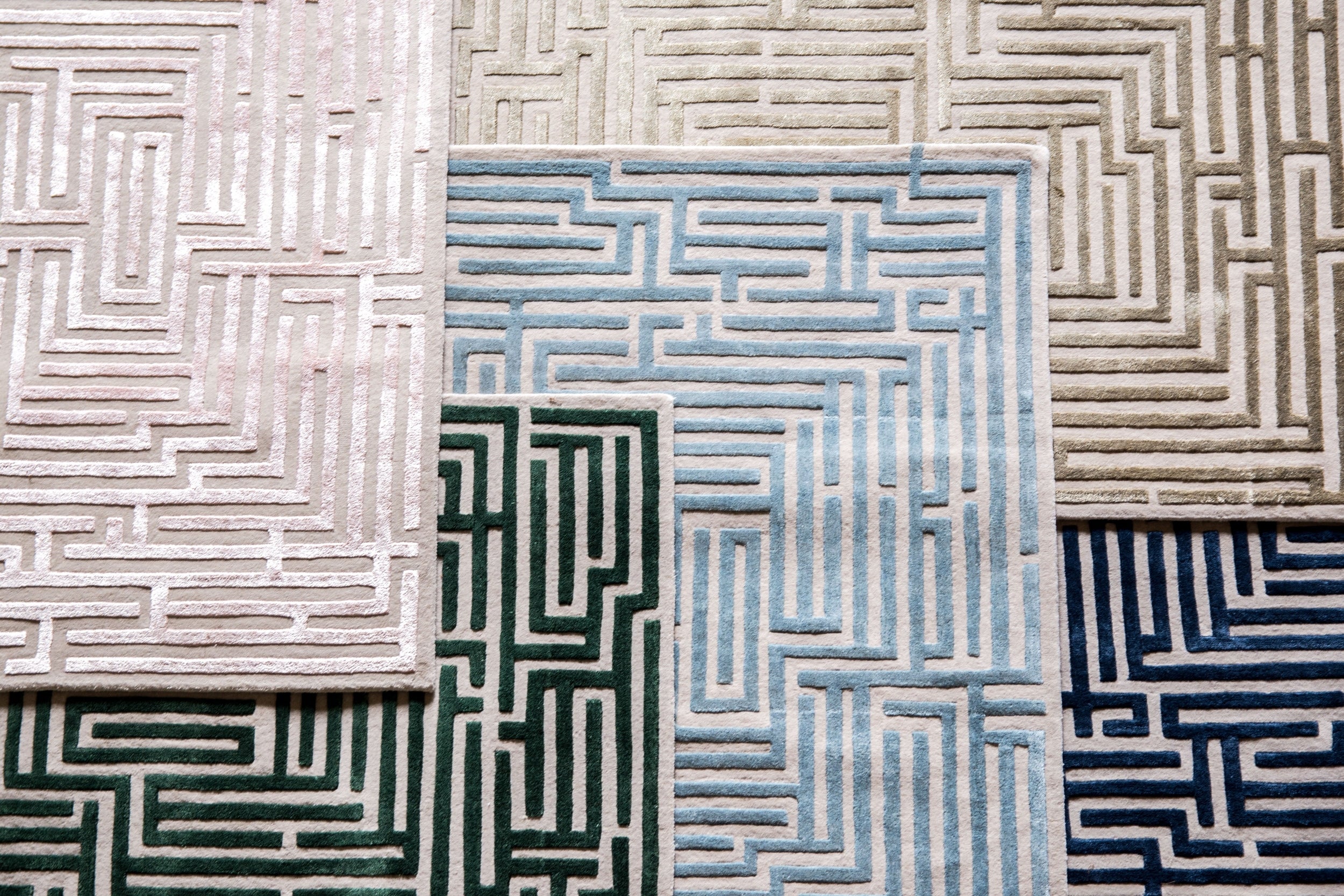Why Quality Concrete Work Is the Foundation of a Long-Lasting Home
 Your home starts with what you can't see. Below ground level, beneath the walls and floors, lies the concrete foundation that determines whether your house will stand strong for decades or develop problems that ripple through every room. Quality concrete work makes the difference between a home that ages gracefully and one that requires constant, expensive repairs.
Your home starts with what you can't see. Below ground level, beneath the walls and floors, lies the concrete foundation that determines whether your house will stand strong for decades or develop problems that ripple through every room. Quality concrete work makes the difference between a home that ages gracefully and one that requires constant, expensive repairs.
The Science Behind Strong Foundations
Concrete used for residential foundations must have a minimum compressive strength of 5,000 psi at 28 days. This isn't just a number on paper. This strength requirement ensures your foundation can bear the weight of your entire home while resisting soil pressure, moisture, and temperature changes.
Professional contractors like Lawrence Concrete Pros understand that achieving this strength requires precision at every step. After 24 hours, concrete reaches about 20-30% of its design strength, after 7 days about 60-70%, and after 28 days nearly 100%. Each phase demands proper conditions and care.
Why Proper Curing Changes Everything
Concrete that receives proper moisture curing for 7 days becomes about 50% stronger than uncured concrete. Think about that. Half the strength disappears without proper curing. This explains why rushed foundation work often leads to problems years later.
Here's what happens during curing:
-
Chemical reactions between cement and water create crystalline structures
-
These crystals interlock to form the concrete's strength matrix
-
Temperature control between 60-75°F creates the best strength development pace
-
Too hot or too cold disrupts this process
Starting construction on an uncured slab leads to shrinkage cracks as the concrete loses water. These cracks aren't just cosmetic. They create pathways for water infiltration that can compromise your entire structure.
Design Considerations That Matter
Smart design prevents future problems. Footings typically measure 12 inches wide or more and extend at least 12 inches below the frost line. This placement protects against frost heaving, which can crack foundations and damage the structure above.
Drainage plays an equally important role. Water against foundation walls creates hydrostatic pressure that can cause cracks and leaks. Proper grading, drainage systems, and waterproofing protect your investment from day one.
In earthquake-prone areas, foundations need special reinforcement including steel reinforcement and shear walls to resist lateral forces. Local conditions dictate specific requirements, but the principle remains constant: foundations must handle both vertical loads and horizontal forces.
The Real Cost of Cutting Corners
Saving money on foundation work costs far more in the long run. Poor concrete work leads to:
Structural Settlement: Uneven settling creates diagonal cracks in walls, sticking doors and windows, and uneven floors. These problems worsen over time and affect every aspect of your home.
Water Damage: Cracks and poor waterproofing allow moisture into basements and crawl spaces. This moisture breeds mold, attracts pests, and degrades structural materials.
Energy Loss: Foundation cracks create air leaks that increase heating and cooling costs. Your HVAC system works harder to maintain comfortable temperatures, shortening its lifespan.
Reduced Property Value: Foundation problems scare away buyers and reduce your home's value. Even minor foundation issues can derail real estate transactions.
Material Quality Makes the Difference
Concrete for footings and foundations requires a minimum compressive strength of 2,000 psi, though many applications demand higher strengths. The mix design affects everything from workability during placement to long-term durability.
Water-cement ratio determines much about the final product. Too much water makes concrete easier to work but reduces strength and increases shrinkage. Professional contractors balance workability with performance requirements.
Reinforcing steel must meet ASTM standards with a minimum yield strength of 40,000 psi. This steel provides tensile strength that concrete lacks, creating a composite material that handles diverse stresses.
Climate Considerations
Regional climate affects every aspect of foundation work. In cold weather, low temperatures slow cement hydration, causing concrete strength to develop more slowly. Winter pours require special techniques and materials to ensure proper curing.
Hot weather presents different challenges. Rapid moisture loss can prevent proper hydration, reducing strength and causing surface cracks. Professional contractors use water misting systems and curing compounds to maintain proper moisture levels during hot weather.
Freeze-thaw cycles demand special attention. Concrete exposed to freezing and thawing environments must be air-entrained with a minimum total air content of 5 percent. These tiny air bubbles provide space for water to expand when it freezes, preventing damage to the concrete matrix.
Professional Installation vs. DIY
Foundation work demands expertise, equipment, and experience. Professional contractors bring:
Technical Knowledge: Understanding soil conditions, load calculations, and building codes ensures foundations meet all requirements.
Proper Equipment: From excavation to finishing, foundation work requires specialized tools most homeowners don't own.
Quality Control: Professional testing and inspection verify that concrete achieves its specified strength.
Warranty Protection: Reputable contractors stand behind their work with comprehensive warranties.
Long-Term Maintenance
Quality foundations still need attention. Regular inspections catch small problems before they become major repairs. Watch for:
-
Cracks wider than 1/4 inch
-
Water stains or efflorescence on walls
-
Doors or windows that stick
-
Gaps between walls and floors
Address drainage issues immediately. Keep gutters clean, maintain proper grading, and ensure downspouts direct water away from foundations. Small preventive measures protect your substantial investment.
Making Smart Decisions
Your foundation affects everything built above it. Quality concrete work from experienced professionals provides decades of reliable service. Poor work creates ongoing problems that affect comfort, safety, and value.
Research contractors carefully. Check licenses, insurance, and references. Ask about their process, materials, and warranties. The lowest bid often becomes the most expensive choice when repairs become necessary.
Quality foundations use proper materials, follow proven techniques, and receive adequate curing time. These factors combine to create structures that protect your investment and provide peace of mind. Your home deserves a foundation built to last generations, not just pass initial inspection.
Every successful home project starts with solid groundwork. By investing in quality concrete work from the beginning, you create a stable platform for all future improvements and ensure your home remains comfortable, efficient, and valuable for decades to come.
Browse by Category

Design Projects
Explore interiors from client work and personal renovations — layered, livable, and always in progress.
read more →
Collaborations
From product launches to styled spaces, discover the brand stories I’ve helped bring to life.
read more →
The Notebook
A growing archive of iconic designers, inspiring artists, and unforgettable design moments.
read more →
Travel by Design
Wander with a designer’s eye — from charming hotels and city guides to visual inspiration abroad.
read more →




